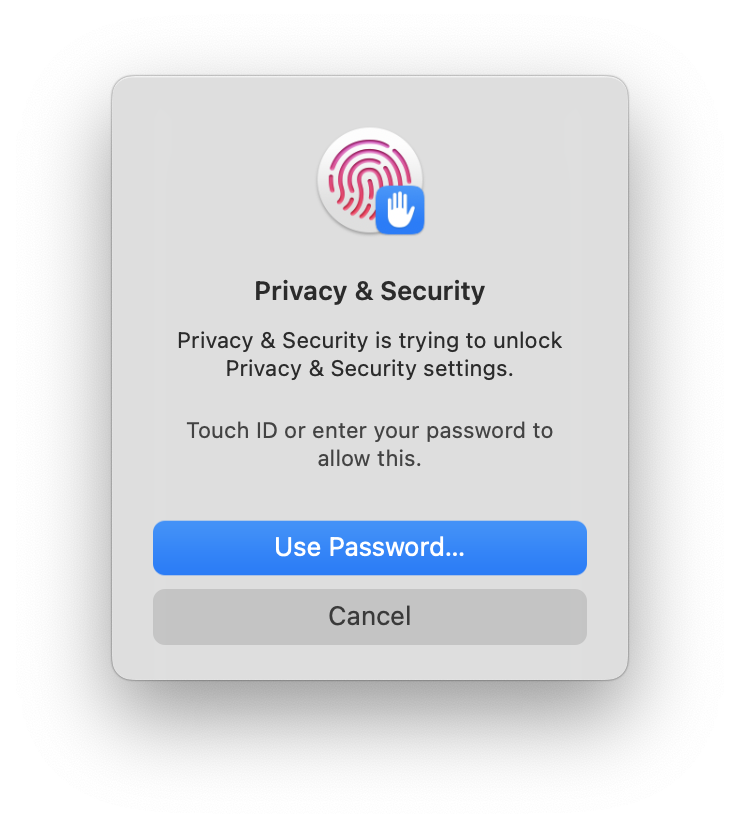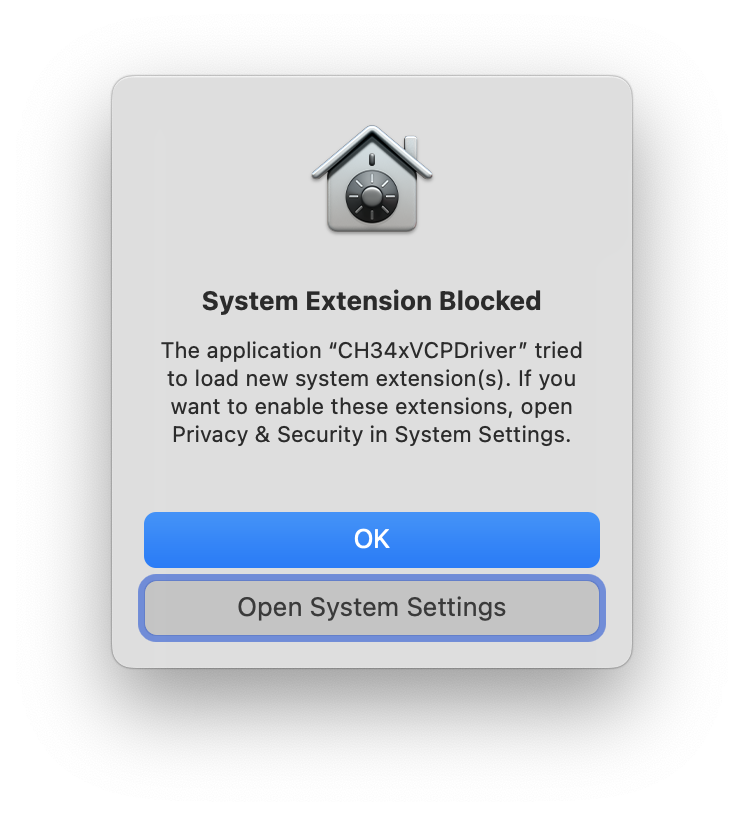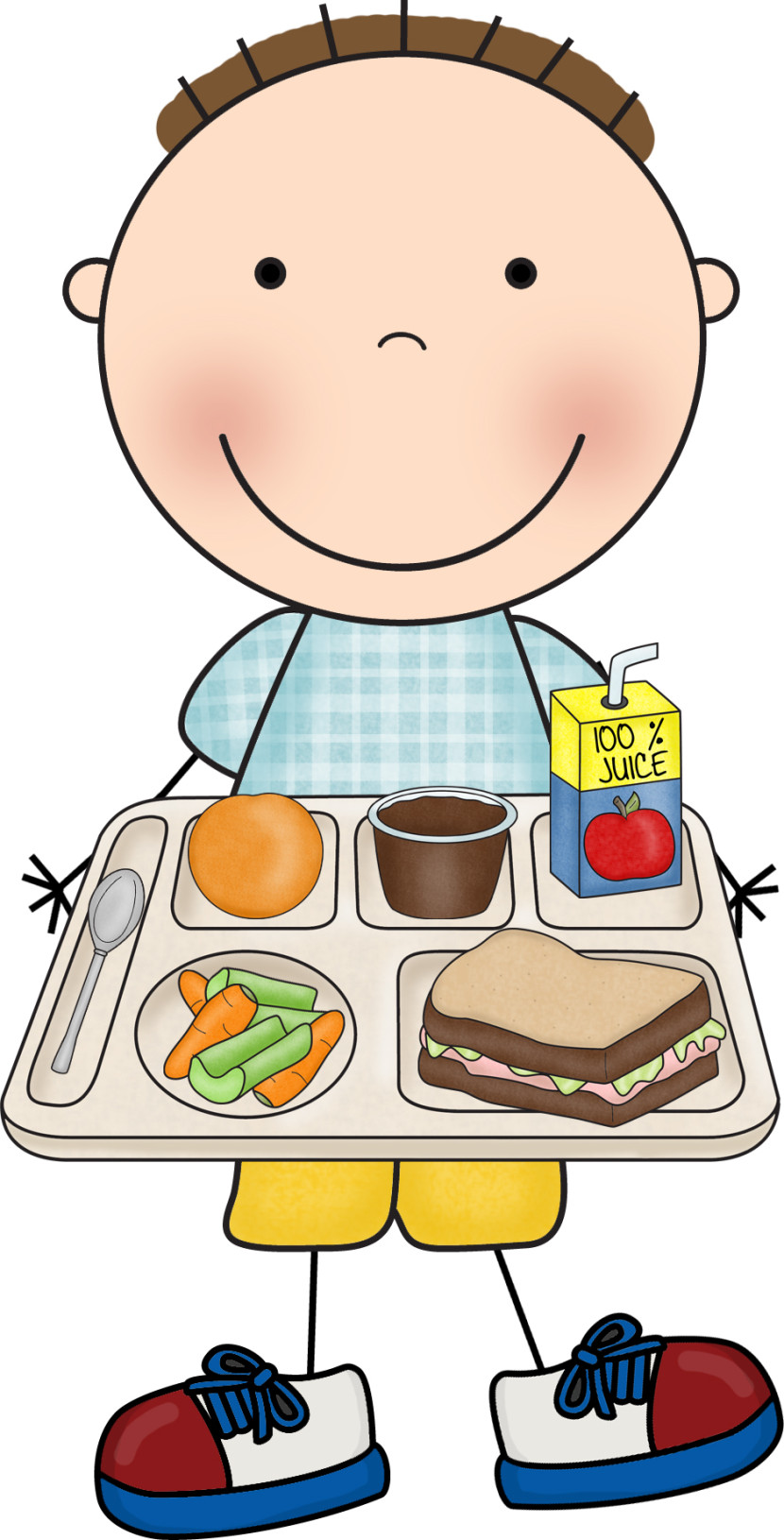Did You Have A Lunch Meaning In Telugu Dissociative identity disorder DID formerly known as multiple personality disorder and split personality disorder is a mental health condition where you have two or more separate identities
Dissociative identity disorder DID is a rare condition in which two or more distinct identities or personality states are present in and alternately take control of an individual DID is one of the most misunderstood psychiatric disorders It s important to address misconceptions with solid research to spread understanding and reduce the stigma
Did You Have A Lunch Meaning In Telugu

Did You Have A Lunch Meaning In Telugu
https://i.ytimg.com/vi/vrepHXNHvvo/maxresdefault.jpg

Free Lunch Clipart Pictures Clipartix
http://clipartix.com/wp-content/uploads/2016/05/Lunch-clip-art-clipartcow.jpg
Facebook
https://lookaside.fbsbx.com/lookaside/crawler/media/?media_id=1004778154994284
Dissociative identity disorder DID is a mental health condition where someone feels that they have 2 or more separate personalities or identities or alters Dissociative identity disorder DID used to be called multiple personality disorder Someone diagnosed with DID may feel uncertain about their identity and who they are
Most people with DID have experienced repetitive and severe childhood trauma including physical and sexual abuse emotional neglect and a dysfunctional home environment Dissociative identity disorder DID is a rare mental health condition that is characterized by identity and reality disruption Individuals with DID will exhibit two or more
More picture related to Did You Have A Lunch Meaning In Telugu
Mandimiss00 Did You Have A Good Weekend Instagram
https://lookaside.instagram.com/seo/google_widget/crawler/?media_id=3561377131271595509
SHINee On Twitter Did You Have A Nice Time Thank You All KEY
https://pbs.twimg.com/media/FrBVblJaUAAK_d6?format=jpg&name=large
Kaleb Shappley Thank You austinfc For A Fun Day And Chance To Be
https://lookaside.instagram.com/seo/google_widget/crawler/?media_id=3199638890682987474
Dissociative Identity Disorder DID is a psychological condition characterized by the presence of two or more distinct identities Written by a GP It s characterized by the presence of two or more dissociated self states that have the ability to take executive control and are associated with some degree of personal amnesia For more
Dissociative Identity Disorder DID also previously known as multiple personality disorder is a mental disorder characterized by at least two distinct and relatively enduring If you are worried you might have DID you can successfully find out by getting evaluated by a professional identifying your symptoms and warning signs understanding the
D suck a saurus Instagram Photos And Videos
https://lookaside.instagram.com/seo/google_widget/crawler/?media_id=3563971968496788949
Hayley Davies Did You Have A Good Weekend girls prettygirls
https://lookaside.instagram.com/seo/google_widget/crawler/?media_id=3538291257770527859

https://my.clevelandclinic.org › health › diseases
Dissociative identity disorder DID formerly known as multiple personality disorder and split personality disorder is a mental health condition where you have two or more separate identities

https://www.psychologytoday.com › us › conditions › ...
Dissociative identity disorder DID is a rare condition in which two or more distinct identities or personality states are present in and alternately take control of an individual

Art Spam Lol On Tumblr

D suck a saurus Instagram Photos And Videos

Creating Fancy Folded Friendship Cards Ft Play On Words Join Taylor

Laser Connection OS Specific LightBurn Software Forum

New Updates In Cheating Chelsea Affair Coaching Lawsuit I Thought I

Laser Connection OS Specific LightBurn Software Forum

Laser Connection OS Specific LightBurn Software Forum

Free Breakfast Casserole Cliparts Download Free Breakfast Casserole

Out To Lunch Signs 15 FREE Signs Printabulls

Korey L Batey Parallel Parking safedriving roadsafety
Did You Have A Lunch Meaning In Telugu - Dissociative identity disorder DID used to be called multiple personality disorder Someone diagnosed with DID may feel uncertain about their identity and who they are




